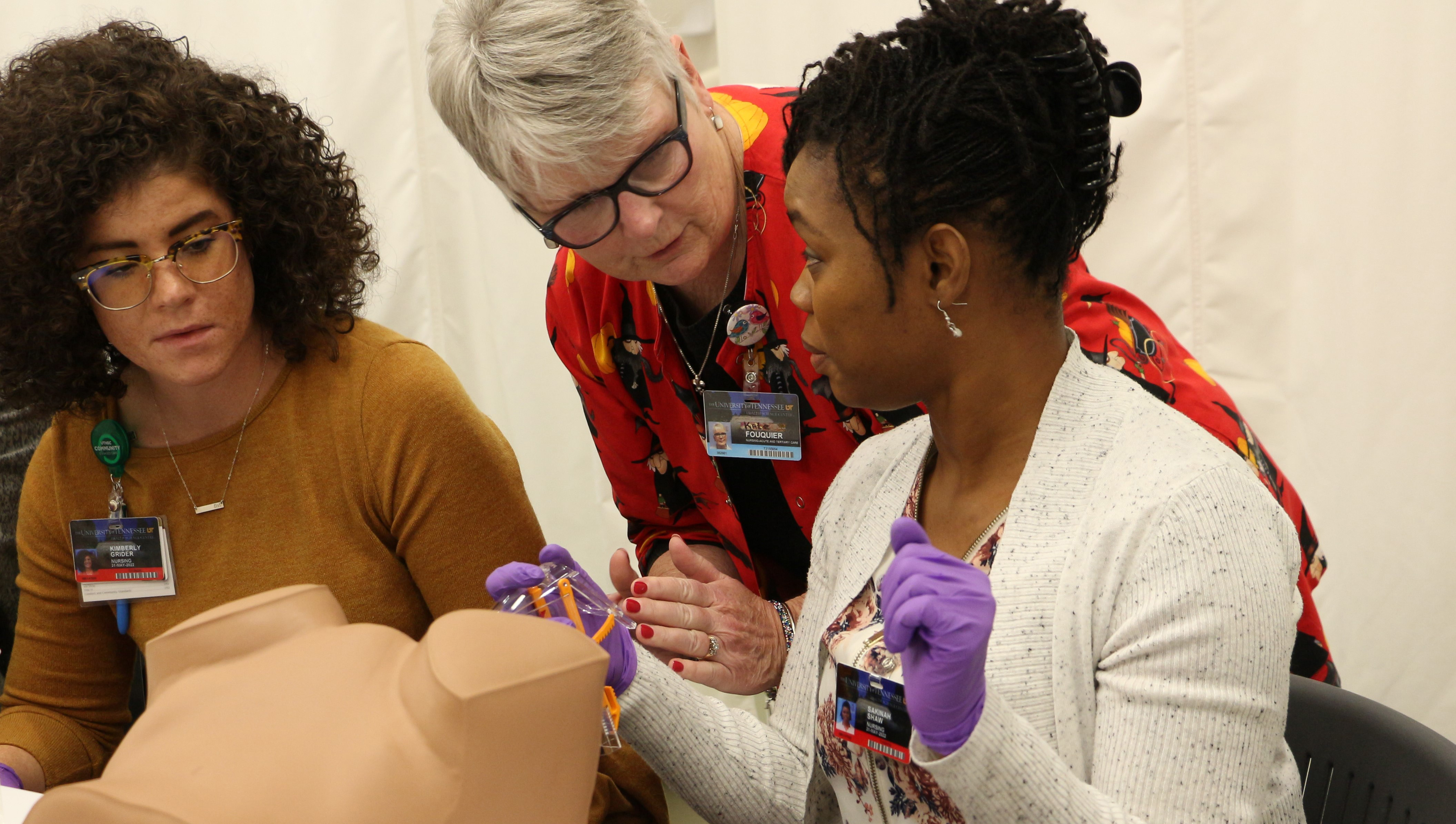DOI
10.21007/con.dnp.2023.0046
Faculty Advisor
Margaret Harvey, PhD, APRN, ACNP-BC, CHFN
Document Type
Poster
Publication Date
Spring 4-14-2023
Disciplines
Community Health and Preventive Medicine | Environmental Public Health | Family Practice Nursing | Investigative Techniques | Medicine and Health Sciences | Nursing | Occupational and Environmental Health Nursing | Public Health and Community Nursing | Public Health Education and Promotion
Abstract
Purpose/Background
Hepatitis C virus (HCV) is the most common bloodborne infection in the United States (Ludden et al., 2022). Sadly, over half of the individuals living with chronic HCV are unaware of their condition (Halket et al., 2022). Due to rising numbers, HCV screening guidelines have been updated to recommend that every adult be screened at least once (Patel et al, 2021). Despite these guidelines, screening rates remain low. This scoping review aims to examine current research on HCV screening and strategies to improve early diagnosis and treatment.
Methods
This review began with a literature search using CINAHL and PubMed and the key phrases hepatitis C, screening, birth cohort, CDC, electronic medical record (EMR), and lifestyle risk. Inclusion criteria were publication within the last five years, English language, and full-text availability. Seven of the 28 articles meeting this criteria were selected based on their applicability, high-quality, and rigor. Specific data points were abstracted from these articles and compiled in an Excel spreadsheet.
Results
Three studies that evaluated the effectiveness of universal screening versus risk and/or birth cohort screening found that universal screening resulted in higher screening rates. EMR interventions based on risk and/or birth cohort were evaluated in six of the studies, with all six reporting increased screening rates. Additionally, one study found that screening rates increased when EMR-based interventions were paired with provider education.
Implications for Nursing Practice
The results of this review suggest that application of universal screening and the incorporation of EMR-based interventions lead to an appreciable increase in HCV screening and diagnosis, but studies that implement these interventions based on universal screening guidelines are needed. Most importantly, this review revealed that healthcare providers and patients need education on current screening guidelines, testing, and treatment so HCV can be diagnosed and treated early.
Recommended Citation
Lyons, RN, BSN, CCRN, Megan Elizabeth; Bennett, RN, BSN, CCRN, Thomas Tyler; Gray-Hamilton, RN, BSN, Felicia Ann; and Harvey, Margaret PhD, APRN, ACNP-BC, CHFN , "Hepatitis C Virus Screening Strategies to Improve Early Identification and Treatment: A Scoping Review" (2023). Doctor of Nursing Practice Projects. Paper 46. http://dx.doi.org/10.21007/con.dnp.2023.0046.
https://dc.uthsc.edu/dnp/46
Included in
Community Health and Preventive Medicine Commons, Environmental Public Health Commons, Family Practice Nursing Commons, Investigative Techniques Commons, Occupational and Environmental Health Nursing Commons, Public Health and Community Nursing Commons, Public Health Education and Promotion Commons


